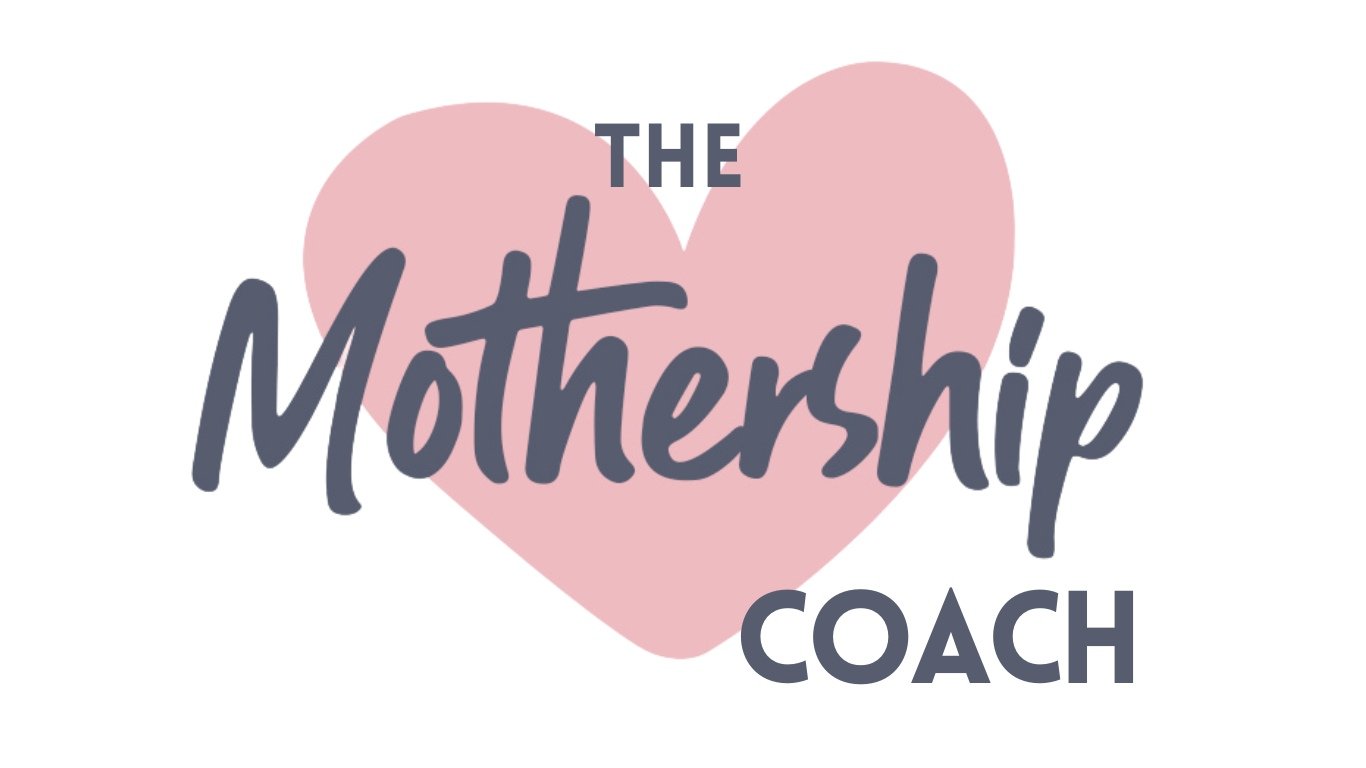How to Prioritise Your Mental Health: Tips and Resources for Self-Care
5 min read
Perinatal mental health disorders affect 1 in 5 women during pregnancy and postpartum periods. Anxiety and postnatal depression (PND) are the most common perinatal mental health disorders.
Bringing a new life into this world is a beautiful and life-changing experience, but it can also be a challenging one. Pregnancy and childbirth can take a toll on a woman's physical and mental health, and many new mothers struggle with perinatal mental health disorders, such as anxiety and postnatal depression (PND). It's crucial to prioritise your mental health during this period, as it can have a significant impact on both you and your baby's well-being.
In this blog post, we'll explore some common symptoms of perinatal mental health disorders, as well as some tips for taking care of your mental health during this time.
What to look out for?
Perinatal mental health disorders affect 1 in 5 women during pregnancy and postpartum periods. Anxiety and postnatal depression (PND) are the most common perinatal mental health disorders. Approximately 20% of women experience depression, and 15% experience anxiety during pregnancy or the postpartum period.
Symptoms of anxiety during pregnancy or the postpartum period can include excessive worrying, difficulty sleeping, irritability, and panic attacks. Many new mothers worry about their baby's health, their ability to care for their babies, and the changes happening in their bodies. However, if these worries become overwhelming and interfere with your daily life, it may be a sign of anxiety.
Postnatal Depression (PND) is a type of depression that can occur after childbirth. Symptoms can include persistent feelings of sadness, a loss of interest in activities you once enjoyed, and difficulty bonding with your baby. PND can affect your ability to care for your baby and may even interfere with your ability to enjoy this special time with your newborn.
While these are the most common perinatal mental health disorders there are some less common conditions that someone can experience during pregnancy and in the postpartum period such as bipolar disorder and postpartum psychosis.
Taking Care of Your Mental Health During Pregnancy and the Postpartum Period.
It's essential to prioritise your mental health during pregnancy and the postpartum period. Here are some things you can do to take care of yourself and your baby:
Rest. Rest. Rest.
I can’t stress enough how important it is for you to get as much rest as possible after birth. Sleep is crucial for both physical and mental health. Try to rest as much as possible, especially during the first few weeks after childbirth. It’s important to say that resting doesn’t necessarily mean sleeping. There are many ways of resting - enjoying a mindful cup of tea instead of doing laundry is a way to prioritise your rest.
Tune in with your breath.
Deep breathing can help reduce stress and anxiety and promote relaxation. Take a few minutes each day to focus on your breath and practice deep breathing exercises, such as inhaling for a count of four, holding for a count of four, and exhaling for a count of six.
Stay active.
Regular exercise can help reduce stress and improve your mood. However, always consult your healthcare provider before starting an exercise program, and start slowly. You can also go out for a walk, if possible in nature, this will stimulate the release of endorphins and improve your mood.
Build your village.
Having a network of supportive family and friends can be invaluable during this period. Reach out to your loved ones for help when you need it, and consider joining a new mother's group. A Mothers Circle can be very helpful as it is a safe space to gather, share and connect with other mamas.
Seek professional help.
If you're experiencing any mental health concerns, seek help right away. Perinatal mental health disorders are treatable, and there are many treatment options available, including therapy and medication. Please see below a list of resources available in the UK.
Find connection with other mothers withTRIBU, my signature mother’s circles which take place online and face-to-face in Barcelona.
Perinatal mental health disorders can occur even years after childbirth
It's essential to remember that perinatal mental health disorders can occur even years after childbirth. Many women experience symptoms of anxiety or depression long after giving birth. If you're experiencing any mental health concerns, seek help right away, no matter how long it's been since you gave birth.
In summary.
Perinatal mental health is an essential aspect of a mother's well-being during and after pregnancy. Prioritising your mental health through rest, exercise, a balanced diet, building a support system, and seeking professional help can help you take care of yourself and your baby.
Taking care of your mental health is just as important as taking care of your physical health, and seeking help is a sign of strength, not weakness.
Remember, perinatal mental health disorders can occur even years after childbirth, so it's never too late to seek help. By prioritising your mental health, you can give yourself and your baby the best start in life.
What to do if you need urgent help:
Talk to your GP, midwife or health visitor.
Go to A&E or call 999
Call the Samaritans: 116 123 (free)
Contact PANDAS: 0808 196 1776 (11AM to 10PM 7 days a week)
Call Mind: 0300 123 3393 (Mon - Fri 9AM to 6PM) or use their online support tool
Other useful organisations:
Anxiety UK – 0344 775 774 (Mon-Fri 9.30AM to 5.30PM) Text support: 0753 741 6905 or use their chat at https://www.anxietyuk.org.uk
Association For Postnatal Illness (APNI): 0207 386 0868 (Mon-Fri, 10AM to 2PM) or chat live at http://www.apni.org
Action On Postpartum Psychosis (App): 020 332 29900



